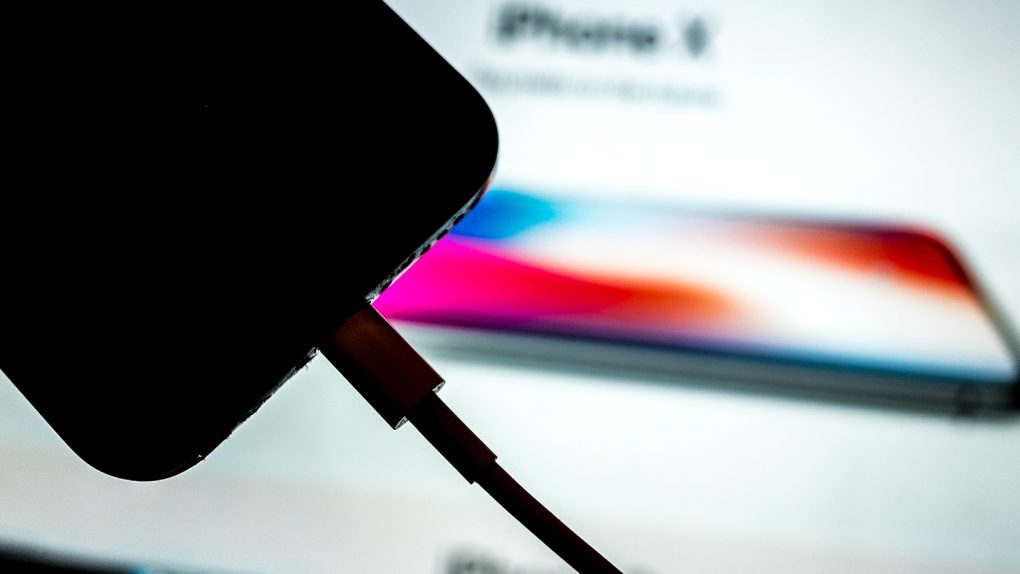Not only did Apple release a new iOS 11.3 beta version that includes the new battery health and speed throttle features, but it also revealed more details about its biggest scandal to date, the iPhone slowdown issue. The company issued an ample letter to Congress in which it explains the whole mess. One of the gems included in the letter is the fact that the iPhone X and iPhone 8 series won’t be slowed down when battery life starts sucking, which is obviously great news for anyone who currently owns either phone model and plans to hold onto it for more than a year.
When Apple released the first iOS 11.3 beta a few weeks ago, we warned you that iPhone X and iPhone 8 users would not get the new throttle toggle in the Settings app. Instead, they’ll just be treated to a new battery health screen. This seemed to be an indirect confirmation from Apple that the iPhone X and iPhone 8 don’t have to be slowed down in about a year from now, once the battery starts showing its age.
At the time, we told you that Apple might change its mind down the road. After all, the iPhone 7 series was just added to the iPhone slowdown “program,” which initially covered only the iPhone 6/6 Plus and iPhone 6s/6s Plus.
In its letter to Congress, Apple made it clear that the iPhone 8 and iPhone X handsets that were released last fall won’t be affected by slowdowns. The company also updated an online support document about iPhone battery and performance with specific details about the new handsets.
iPhone 8, iPhone 8 Plus, and iPhone X models use a more advanced hardware and software design that provides a more accurate estimation of both power needs and the battery’s power capability to maximize overall system performance. This allows a different performance management system that more precisely allows iOS to anticipate and avoid an unexpected shutdown. As a result, the impacts of performance management may be less noticeable on iPhone 8, iPhone 8 Plus, and iPhone X. Over time, the rechargeable batteries in all iPhone models will diminish in their capacity and peak performance and will eventually need to be replaced.
As you can see above, Apple still reminds you that all iPhone batteries are ultimately prone to degradation and they’ll need to be replaced at some point. But at least iPhone X and iPhone 8 users won’t have to worry about having the speed of their phones slowed down in the future, or about unexpected shutdowns.
Here’s Apple’s full response to Congress:








